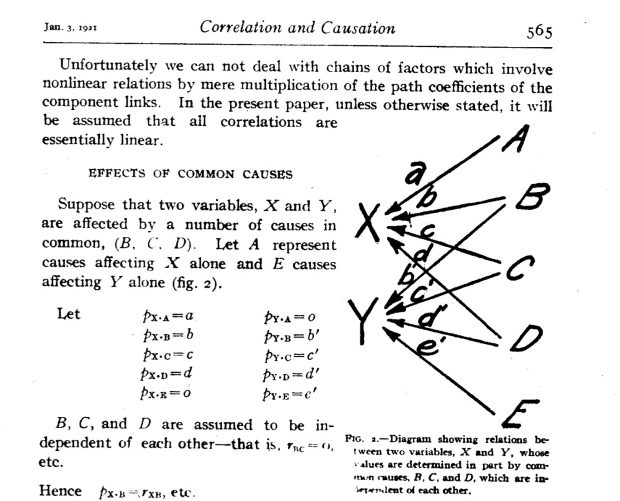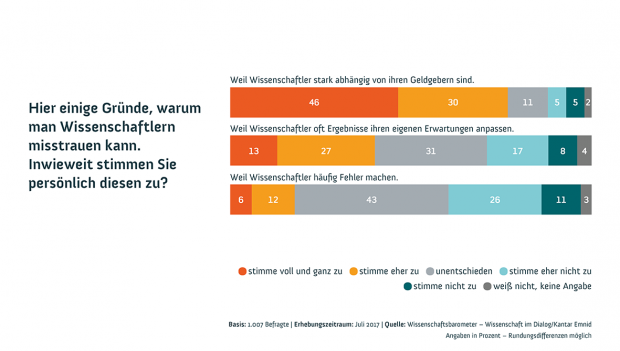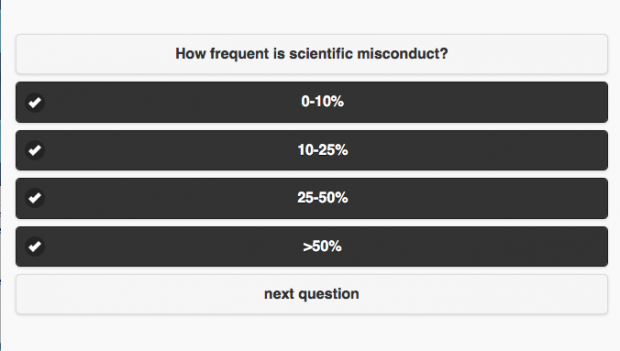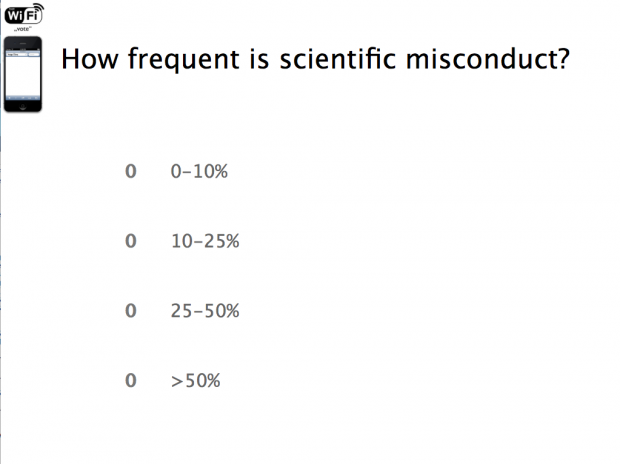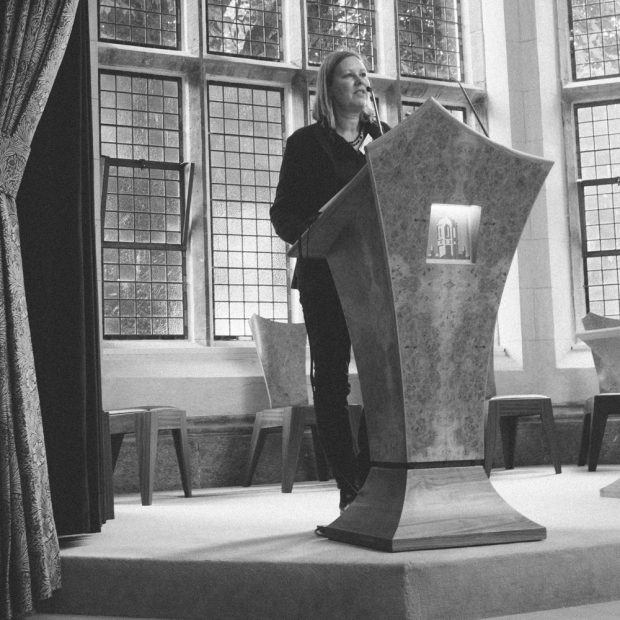Das “Who is Who” der Datensammler.
Andreas Weigend ist der frühere CSO vom Amazon. Interessanterweise verschweigt er das auf seiner eigenen Homepage und wird -danach gefragt- schmallippig im Interview. Ein Physiker mit Interesse an neuronalen Netzen, Deutscher mit Wohnsitz San Francisco und Shanghai.
Zhang Zheng, Peking, ist Ökonom und Parteisekretär. Bekannt geworden im Westen für BDA, Big Data Abuse. Jedem Einwohner wird ein Score zugeordnet wird, der letztlich über seine Rechte im Alltagsleben und seinem Zugang zu gesellschaftlichen Ressourcen entscheidet.
George Church, US Amerikaner, Genetiker in Boston, mit einer Chinesin verheiratet, bekannt vor allem durch das Personal Genome Project, bei dem man seine komplette Genomsequenz abliefern soll. Zehn Jahre nach Gründung und nur 5500 von geplant 100.000 Freiwilligen, ist zumindest der europäische Ableger von PGP seit längerem auf Tauchstation.
Drei Proponenten von Big Data also, die ihre ehrenwerte Motivation immer wieder beteuern: das Einkaufserlebnis zu steigern, das soziale Miteinander optimieren und die Gesundheitsversorgung zu verbessern. Kollektivistisches Gedankengut, nicht umsonst taucht in allen drei Bespielen China auf.
Das deutsche Bundesverfassungsgericht erklärte die deutschen Vorschriften zur Vorratsdatenspeicherung mit Urteil vom 2. März 2010 für verfassungswidrig und nichtig. Das Urteil verpflichtete deutsche Telekommunikationsanbieter zur sofortigen Löschung der bis dahin gesammelten Daten. Zur Begründung gab das Gericht an, dass das Gesetz zur anlasslosen Speicherung umfangreicher Daten sämtlicher Nutzer elektronischer Kommunikationsdienste keine konkreten Maßnahmen zur Datensicherheit vorsehe und zudem die Hürden für staatliche Zugriffe auf die Daten zu niedrig seien
Und natürlich stimmt es nicht, daß hier das Einkaufserlebnis verbessert wird. Wenn, Beispiel Weigend, Amazon mir den Kauf verweigert weil ich schon zuviel umgetauscht habe, dann optimiert Amazon lediglich seinen Ertrag, Nicht besonders ehrenwert bei einem Konzern, der hier keine Steuern zahlen will. Das mit dem sozialen Miteinander ist eine Paraphrase für faschistische Allmachtsphantasien. Und wer auf bessere Gesundheitsvorsorge hofft, liest am besten bei Sascha Lobo nach “Warum bezahle ich Rentenversicherung, wenn der Computer ohnehin sagt, dass ich mit 50 sterbe?”
Mal abgesehen davon, dass in allen Datensätzen massive Fehler stecken, dass Algorithmen an manchen Kombinationen scheitern, zu kurz in der Diskussion kam vor allem eines: Big Data Algorithmen sind massiv gegen den demokratischen Rechtsstaat gerichtet. Es gibt keine Instanz der Beschwerdeführung, es gibt keine unabhängige Gutachten, es gibt keinen Verteidiger und keinen Richter.
Weigends neurales Netz hat dich bei Amazon gesperrt, basta.
Zhengs App “Ehrliches Shanghai” entscheidet Dich unter 849 Punkte zu setzen, basta.
Churchs Sequenzscore gibt Dir nur 50 Lebensjahre, basta.
Bei Amazon muss man nicht einkaufen, in China muss man nicht leben, und Gensequenzen kann man ignorieren.
CC-BY-NC Science Surf
accessed 15.02.2026
